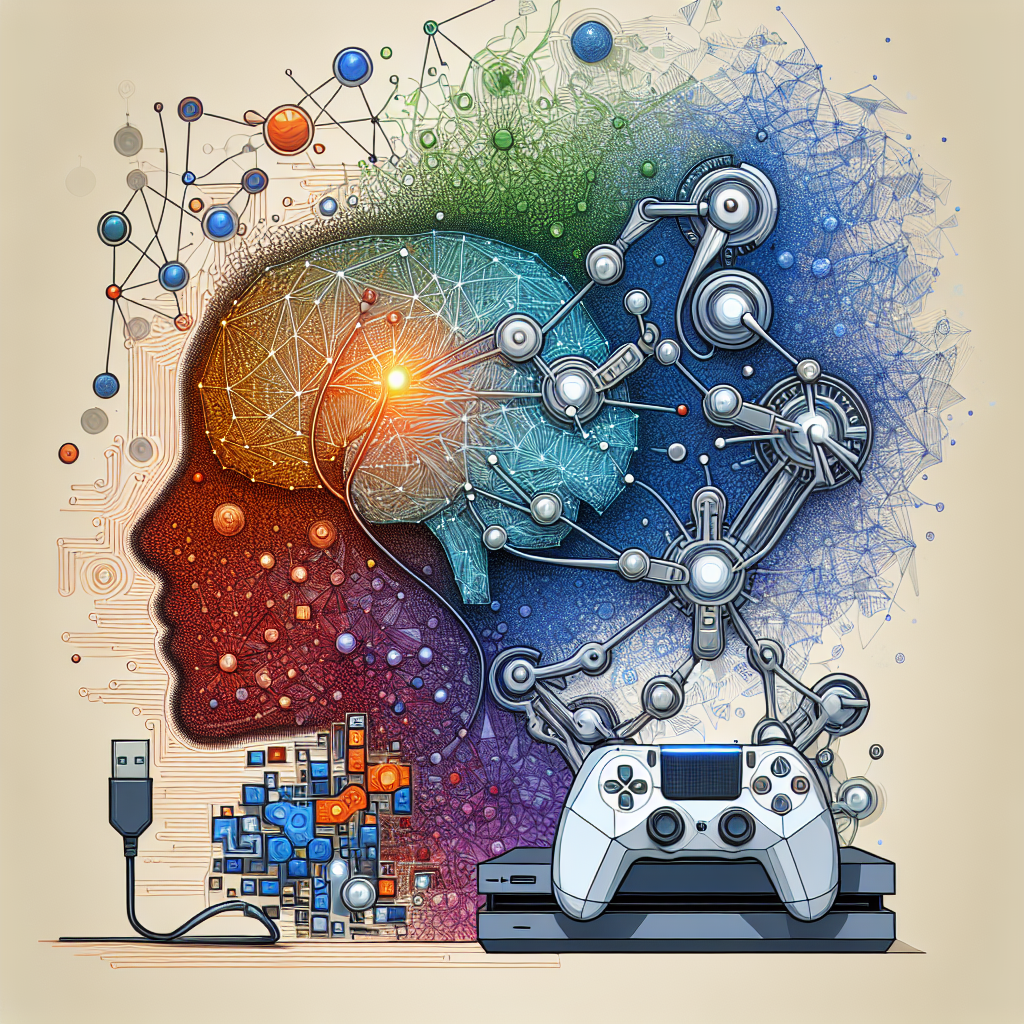The Impact of AI on Game Difficulty Scaling and Progression
In the world of gaming, artificial intelligence (AI) has become an increasingly important tool for developers to create more immersive and challenging gameplay experiences. One area where AI has had a significant impact is in the scaling of game difficulty and progression. By using AI algorithms, developers can create games that adapt to each player’s skill level, providing a more personalized and engaging experience.
Game Difficulty Scaling
Traditionally, game difficulty has been set at a fixed level, with players having to choose between easy, medium, or hard modes at the beginning of the game. However, this one-size-fits-all approach can often lead to frustration for players who find the game too easy or too difficult. With the help of AI, developers can now create games that dynamically adjust the difficulty level based on the player’s performance.
One common method of game difficulty scaling is through the use of adaptive AI. This type of AI analyzes the player’s behavior in real-time and adjusts the game’s difficulty accordingly. For example, if a player is consistently performing well, the AI may increase the number of enemies or make them more aggressive. On the other hand, if a player is struggling, the AI may decrease the number of enemies or provide additional hints and power-ups.
Another way AI is used to scale game difficulty is through procedural generation. By using algorithms to generate levels, enemies, and obstacles, developers can create games that offer a unique experience each time the player plays. This not only keeps the gameplay fresh and exciting but also allows for more dynamic difficulty scaling. For example, a procedural generation algorithm may create more challenging levels for experienced players while simplifying the gameplay for beginners.
Progression Systems
In addition to scaling difficulty, AI can also be used to enhance the progression systems in games. Progression systems are a key component of many games, as they provide a sense of accomplishment and reward for the player’s efforts. By using AI, developers can create more engaging and rewarding progression systems that adapt to the player’s playstyle and preferences.
One way AI is used in progression systems is through personalized challenges. Instead of offering a one-size-fits-all set of objectives, developers can use AI algorithms to create challenges that are tailored to each player’s skill level and preferences. For example, a player who excels at stealth gameplay may be given more stealth-based challenges, while a player who prefers combat may be given more combat-focused objectives.
AI can also be used to create more dynamic progression systems that respond to the player’s actions. For example, if a player is struggling with a particular boss fight, the AI may offer additional hints or power-ups to help them overcome the challenge. On the other hand, if a player is breezing through the game, the AI may introduce new, more difficult obstacles to keep them engaged.
FAQs
Q: How does AI determine the player’s skill level?
A: AI algorithms analyze a variety of factors, such as the player’s reaction time, accuracy, and decision-making skills, to determine their skill level. This information is then used to adjust the game’s difficulty and progression accordingly.
Q: Can AI be used to create truly unbeatable challenges?
A: While AI can create highly challenging gameplay experiences, developers typically aim to strike a balance between difficulty and enjoyment. Creating unbeatable challenges can lead to frustration and disengagement from the player.
Q: Are there any drawbacks to using AI in game difficulty scaling and progression?
A: One potential drawback is that AI algorithms may not always accurately assess the player’s skill level, leading to difficulty spikes or lulls in gameplay. Additionally, some players may prefer a more traditional, fixed difficulty setting.
In conclusion, AI has had a significant impact on game difficulty scaling and progression, allowing developers to create more personalized and engaging gameplay experiences. By using adaptive AI algorithms and procedural generation, developers can create games that dynamically adjust the difficulty level and provide more rewarding progression systems. While there are some drawbacks to using AI in game design, the benefits of creating more immersive and challenging gameplay experiences make it a valuable tool for developers in the gaming industry.

